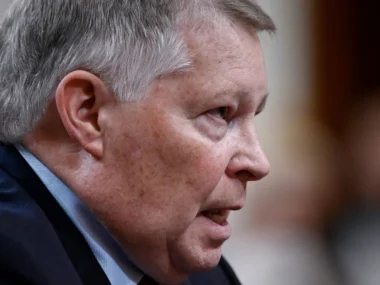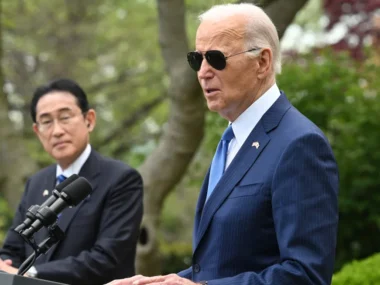Healthcare Reimagined: The Ongoing Debate Over Universal Coverage in the U.S.
In recent years, the conversation surrounding healthcare in the United States has taken a new turn, moving towards a more pronounced discussion about the possibility of universal coverage. Unlike many developed countries where healthcare is considered a fundamental right, the U.S. continues to grapple with a fragmented system that leaves millions uninsured or underinsured. The debate over universal healthcare not only highlights deep-seated political divisions but also raises critical questions about access, equity, and the future of medical innovation.
The State of Healthcare in America
The U.S. spends more on healthcare than any other nation—over $4 trillion annually—and yet, outcomes often lag behind those of other developed countries. According to the U.S. Census Bureau, approximately 31 million Americans lacked health insurance coverage in 2020, a figure that underscores the inadequacies of the current system. Many citizens are faced with exorbitant out-of-pocket costs, leading to financial strain even for those who are insured. The COVID-19 pandemic exacerbated these issues, shedding light on the vulnerabilities of the existing healthcare structure and prompting calls for a reimagined approach.
The Case for Universal Coverage
Proponents of universal healthcare argue that access to health services should not depend on income or employment status. Many advocate for a system that ensures comprehensive coverage for all citizens, akin to models used in countries like Canada and the United Kingdom. Advocates believe that universal coverage could lead to improved public health outcomes, reduced overall healthcare costs, and greater equity in accessing care.
One compelling argument for universal coverage lies in its potential to improve preventive care. A system that prioritizes access to primary care services can reduce the necessity of expensive emergency interventions, thus alleviating strain on hospitals and healthcare providers. Moreover, when individuals are assured that they will have access to necessary treatments, they are more likely to seek medical attention for early-stage conditions, ultimately leading to better health outcomes.
Political Divide: The Roadblocks to Universal Coverage
Despite its appeal, the push for universal healthcare is contentious and has met significant resistance. The political landscape in the U.S. is deeply polarized, with proposals for universal coverage often viewed through a partisan lens. Opponents often cite concerns about government overreach, increased taxes, and potential declines in the quality of care.
Additionally, there are entrenched interests in the current system, including insurance companies, pharmaceutical companies, and healthcare providers, who may be resistant to changes that threaten their profit margins. The complexities of transitioning from a private insurance model to a universal one present logistical challenges that can complicate implementation efforts.
The Impact of the Affordable Care Act
The Affordable Care Act (ACA), enacted in 2010, was a significant step towards expanding access to healthcare in the U.S., providing coverage for millions who were previously uninsured. While the ACA has made strides in reducing the number of uninsured and improving the quality of care, many critics argue that it falls short of achieving the universal coverage that is necessary to address systemic inequality in healthcare access.
The ACA’s reliance on private insurance markets has sparked ongoing debates about the effectiveness of public options and single-payer systems. Recent legislative proposals—such as Medicare for All—have reignited discussions about the viability of a comprehensive, government-funded healthcare model. Each proposal brings its own set of challenges and potential benefits, framing the discourse about healthcare’s future in terms of scalability, sustainability, and social justice.
The Role of Technology and Innovation
As the debate around universal coverage continues, innovative healthcare delivery models are emerging that could reshape American healthcare. Telemedicine, for instance, has gained momentum, particularly during the COVID-19 pandemic, providing patients with easier access to care and reducing barriers associated with transportation, time, and cost. Digital health solutions and personalized medicine represent avenues for improving health outcomes, although they also raise questions about equity in access to technology.
Looking Ahead: A Path Toward Reform?
The future of healthcare in the U.S. hinges on addressing the persistent issues that have long plagued the system. While universal coverage remains a contentious and elusive goal, the desire for reform is evident. Ongoing discussions among policymakers, healthcare professionals, and the public indicate a growing recognition that the current model is not sustainable.
The ongoing healthcare debate presents an opportunity for stakeholders to collaboratively envision a system that prioritizes health equity, affordability, and high-quality care for all Americans. Whether through incremental reforms or sweeping changes, the journey toward healthcare reimagined will undoubtedly be complex and require the engagement of all sectors of society.
In the end, the question remains: Can the United States overcome its historical resistance to universal healthcare? Time will tell, but the urgency of this conversation reflects the pressing need for a system that serves, rather than stifles, the health and well-being of its citizens.











